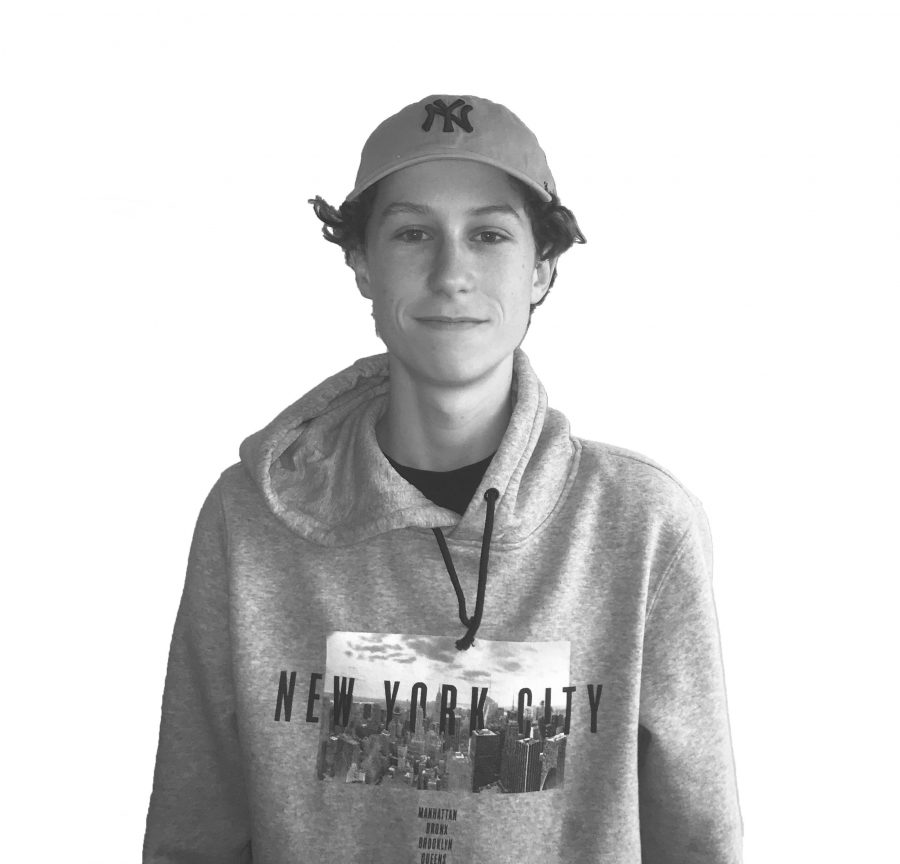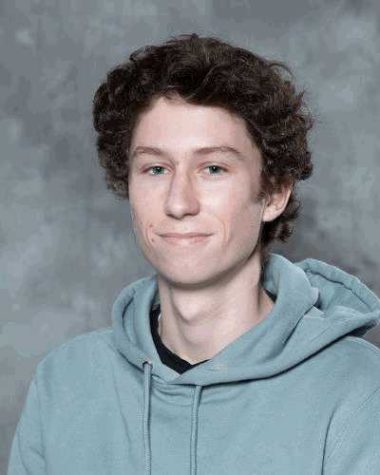During the election process, Prefect Council candidates are not allowed to campaign outside of designated assemblies and webinars, a necessary rule protecting the psychological well-being of students. Running for a position of power is a tough task, as one must devise an appealing campaign to win the trust of their peers. However, along with campaigning comes criticism and scrutiny. As a candidate for any position of power, there will be people who disapprove of one’s candidacy and challenge their qualification for the position.
Prefect Council is no different; every student develops their own opinions about each candidate and the efforts they take to get elected, such as their speeches, promises and plans. Prefect Council differs from other positions though, as the competition is personal and encompasses much more than a candidate’s resume and qualifications for the position. These candidates are students themselves, which means that they deal with the high school pressures of rumors, reputations and relationships. Furthermore, these candidates are also seeking validation from their peers through the Prefect Council elections, which makes the process painful and demoralizing to the candidates who don’t get the results they were hoping for.
Every action we take revolves around seeking validation for our accomplishments. As students, we refresh the school portal repeatedly waiting for grades to come out at the end of each quarter. Anxiety and anticipation are completely natural responses leading up to receiving feedback on the work we produce, as the human brain feeds on validation from those around it. The ventral striatum is the area of the brain that releases chemicals upon receiving feedback, and for teenagers, the ventral striatum is still developing, increasing the importance of validation to a teenager’s self-confidence and psychological happiness.
Campaigning may seem beneficial to a candidate on their road to election, but their optimism alters their perspective on the upcoming results. Every competitor enters a competition thinking they have a shot at winning, so they believe that campaigning is an opportunity to grow their audience. No matter what, however, elections will always result in few winners and many losers. Campaigning, especially at the high school level, endorses peer pressure and popularity contests. The most socially active and popular students will be more energetic in campaigning than the quiet but possibly more intellectual and qualified candidates. Students develop an impulse to vote for the most popular candidates as the voters are all seeking the same feeling that the candidates do: validation. According to a study conducted by psychologists at the University of California, Berkeley, teenagers’ lives primarily revolve around acceptance from their peers, so when they receive negative or condescending responses, it often distorts their confidence in their individuality and opinions. Should campaigning be permitted, voters would become biased to protect themselves from rejection from their peers, which would leave the chances of unpopular, more reserved students quashed.
The school should never consider permitting campaigning in the Prefect Council elections, but more importantly, it should work to understand why it is so inappropriate to incorporate this into an election for teenagers. One would be mistaken to assume that introducing these developing minds to more disapproval from their peers would be in any way more beneficial to their psyche than it would be contradictory to the fundamental values of our community’s mission statement: happiness and balance.




























